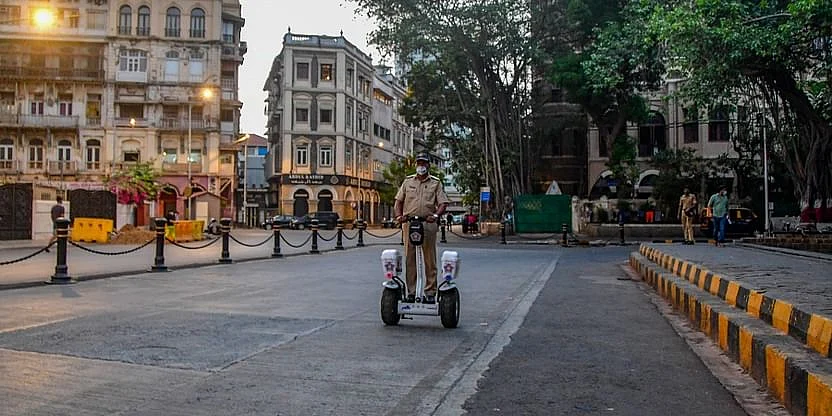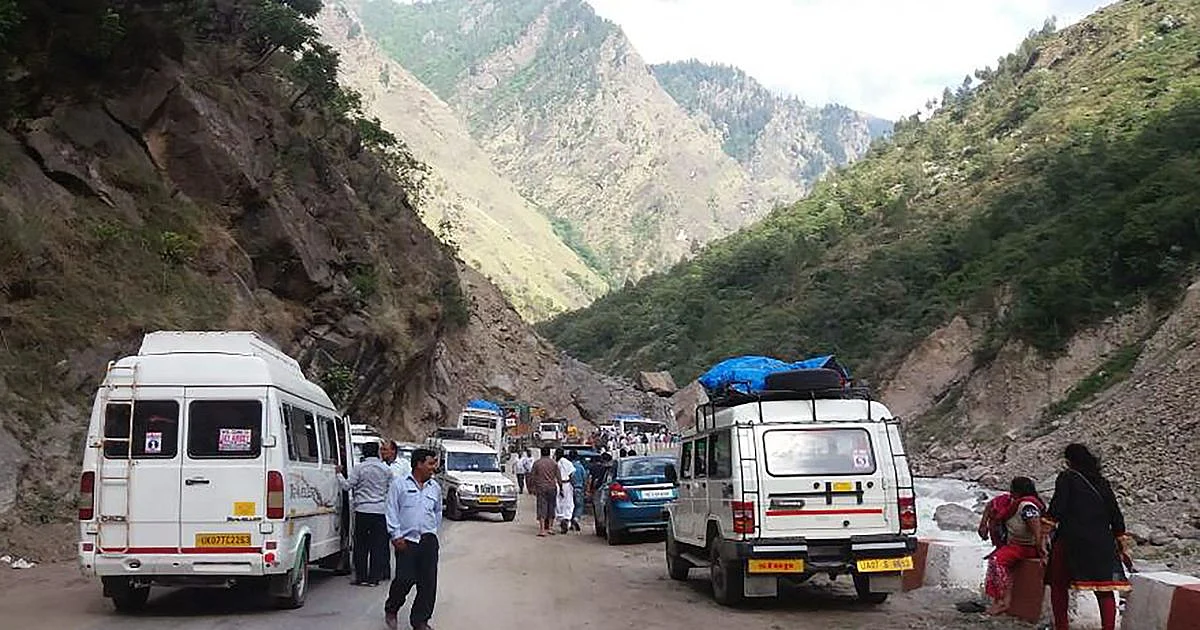Pic: Pexels
The pandemic has indeed compelled us to think of our health first. It has pushed us to dream about a healthy world that thrives on building immunity against all odds. Vaccination in this regard has gained significance and is now known to be a simple, cost-effective, high-impact solution to prevent illness and disease in individuals of all ages. A vaccine improves immunity to a particular disease. It typically contains an agent that resembles a disease-causing microorganism and is often made from weakened or killed forms of the microbe, its toxins, or one of its surface proteins.
So far, official statistics show that 76 per cent of the eligible population have received the first dose and 40 per cent, their second dose. With schools reopened, kids are at risk of getting infected. Children are yet to be vaccinated and hence, remain unprotected. Since the early days of the pandemic, parents have been taking some comfort from the fact that SARS-CoV-2 is much less likely to cause serious illness in children than it is in adults. But some children still become very ill, and experience Long Covid — a constellation of sometimes debilitating symptoms that can linger for months after even a mild bout of Covid-19.
If children between 2-18yrs will get vaccinated, we will hopefully cover the maximum population of our nation. The National Serological Survey had noted about 60 per cent seropositivity in children. Thus some immunity to the infection was achieved because of a past infection picked up in the pandemic. However, native immunity is not as strong as compared to vaccine acquired immunity.
To give you another example, Malta is a country that has fully vaccinated 80 per cent of its population — one of the highest vaccination rates in the world. It is now also vaccinating adolescents over the age of 12 years. The family structures influenced their decision to vaccinate young people in the country. Most adolescents and children there have frequent contact with their grandparents. On a population level, vaccinated adolescents may result in a reduction in transmission to vulnerable older people. Young people in Malta also often travel abroad for school, potentially importing coronavirus infections and variants from abroad. Therefore, to curb the spread of the virus, vaccinating adolescents was a wise decision for the country.
In India, too, most kids live with their parents and grandparents. If they are left vulnerable to the virus, they could become super-spreaders. Thus, undoubtedly vaccines are the need of the hour in this age group not only as a means of protection but also to help achieve herd immunity. There also remains a need to ensure that routine vaccinations are not missed. Many children have not been vaccinated during the pandemic, leaving them at risk of serious diseases like Measles and Polio. Rapidly circulating misinformation around the topic of vaccination adds to this threat. Whilst vaccines aren’t a silver bullet; they will help us progress on a path to a healthy world.
(The writer is a Chief Intensivist at Fortis Hiranandani Hospital, Vashi)
(To receive our E-paper on whatsapp daily, please click here. We permit sharing of the paper's PDF on WhatsApp and other social media platforms.)

 Mumbai: Latest updates -
Mumbai: Latest updates -  FPJ Legal: China has ramped up infrastructure and built airstrips, Centre to Supreme Court on...
FPJ Legal: China has ramped up infrastructure and built airstrips, Centre to Supreme Court on...  Joe Biden, Xi Jinping virtual summit planned for next week: Reports
Joe Biden, Xi Jinping virtual summit planned for next week: Reports  Delhi's air quality remains in 'very poor' category
Delhi's air quality remains in 'very poor' category  Mumbai: Latest updates - NCB witness Gosavi remanded in judicial custody in cheating case
Mumbai: Latest updates - NCB witness Gosavi remanded in judicial custody in cheating case